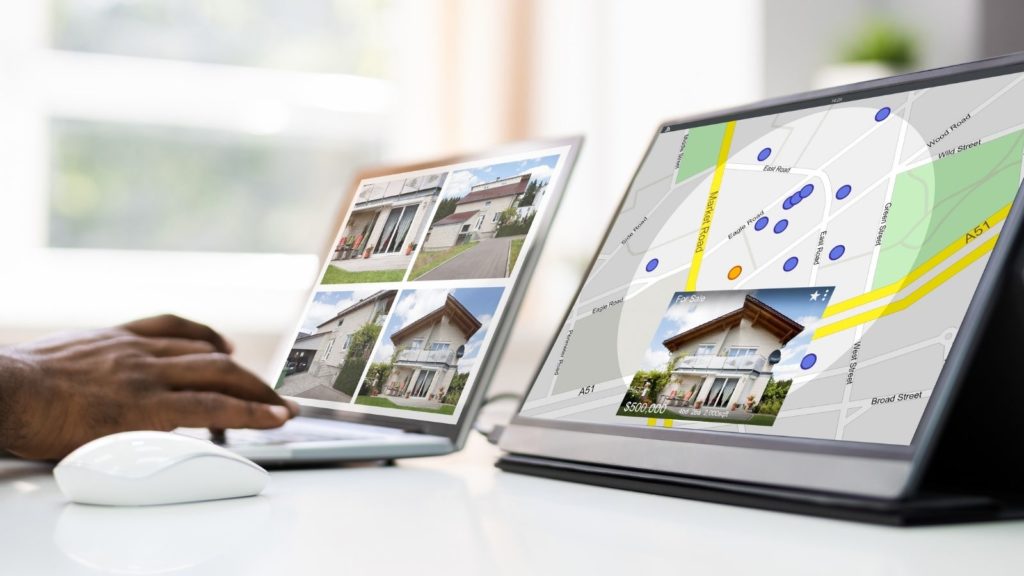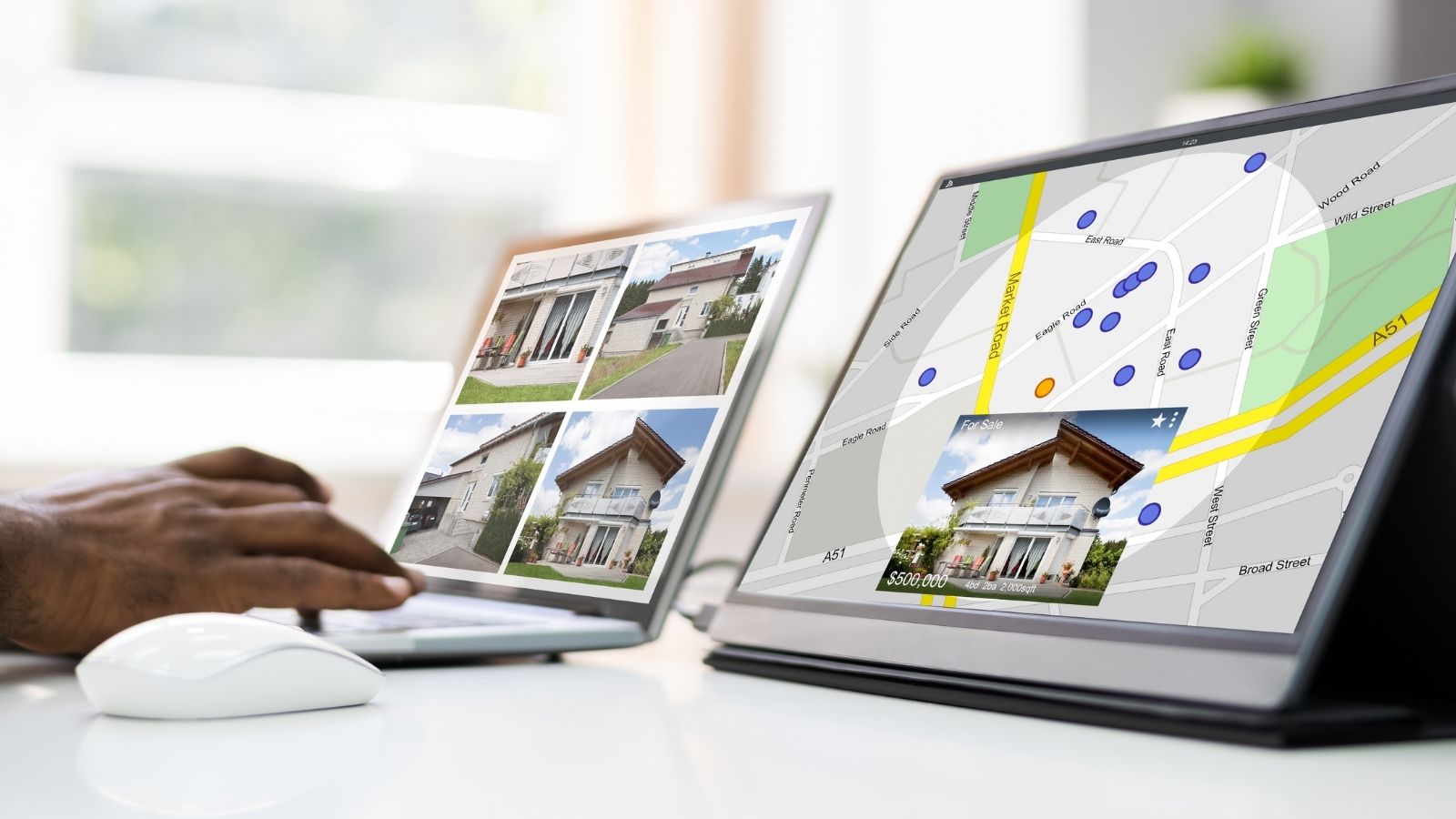If you are a first-time homebuyer, you might be quite overwhelmed at making what may be the largest purchase of your life. Home buying is a stressful process, but that’s when you are purchasing a property in normal times. Opting to buy a home during or after the coronavirus pandemic will add even more uncertainty and stress.
Surprisingly, the quarantines and social distancing haven’t slowed down the real estate market much. In fact, thanks to supply and demand, home prices are going up. According to the Federal Reserve, the average sales price of a home in the third quarter of 2020 was $324,900, while the average sales price during the same time in 2019 was $318,400.
Another factor that has attracted potential buyers to the market, increasing demand, is the low mortgage rates. And this trend is projected to continue in 2021 even if the coronavirus cases continue.
Here are six essential steps to buying a home in 2021.
1. Determine How Much You Can Afford
The first step to buying a home is determining how much you can spend. The initial number you decide is probably going to be an estimate. To reach a more reliable figure, consider consulting your lender who will let you know the size of mortgage you qualify for.

Then use an online mortgage calculator to decide your monthly mortgage payments. Look at your current mortgage or rent payment to determine how a larger monthly mortgage payment will affect your budget.
Furthermore, as you go about determining a budget, don’t forget to think about property insurance, private mortgage insurance, property tax, utilities, and maintenance. You might also have to make additional purchases like yard equipment if you don’t currently own any.
2. Compare Rates and Mortgage Lenders and Get Pre-Approved
Once you are ready to start house hunting and evaluating home prices, compare multiple mortgage lenders. Comparing the rate various lenders charge will help you make an educated choice, which will, in turn, lead you to the best deal.
Once you decide to go with a specific lender, ask for a preapproval letter. Getting pre-approved will set your home offers ahead of home buyers who are bidding without preapproval.
Your lender might be happy to offer you more money than you anticipate, and it might be tempting to go over your pre-determined budget. However, know your limit and avoid buying a home you can’t afford.
3. Be Flexible with Your Demands for a Perfect Home
Before you start touring homes, take some time to make a list of amenities you will need in your new home and the things that would be good to have. The housing market is extremely competitive in most parts of the country.
So, prioritize the factors you can’t change, like location and number of bedrooms. This will help you find the right home seamlessly while sticking to your budget.

The coronavirus pandemic made in-person tours a challenge to come by. But fortunately, home sellers are now offering home tours virtually. From video calls to photos and video tours, virtual touring is almost as good as being on-site.
Nonetheless, if possible, try to drive through the neighborhood to get a feel of the area. Then, you can arrange a safe, private showing of the home.
Once you find the perfect house you want to purchase, your real estate agent will submit an offer to the seller on your behalf. The proposal will contain the price you offer on the home, the proposed closing date, and any contingencies that must happen before the deal is finalized.
4. Don’t Skip the Inspection
Your lender will ask for a home inspection before they approve your loan. During the inspection, it’s possible that you may come across faults in the property. The inspector will analyze the property for critical issues like water damage, damaged electrical systems, structural issues, plumbing concerns, pest issues, roofing concerns, etc.
After the home inspection, you will receive a document containing a detailed review of anything that is broken or hazardous in the home. The inspector primarily focuses on issues that are safety concerns, not cosmetic. So, that is what will be included in the report.
If you attend the inspection, you will be able to ask questions and get any doubts cleared immediately. Once the inspection is complete, you can start adding conditions to your offer. For instance, you can ask the seller to replace a broken water heater or repair a leaky roof.
5. Keep Up with the Deadlines
Deadlines are crucial when buying a home. It helps smoothly move the sales process forward. Turn in all the important documents for your mortgage promptly, as any delay on your end will make the sales process take longer.

Obtaining the preapproval letter from your lender is the first major step towards staying on a deadline. While you will have to submit additional paperwork, later on, you will save time if the lender already has enough of your information on file.
6. Close on Your New Home
Refrain from making major purchases or charging anything on your credit cards after you submit your loan application. Any financial changes can delay or even cancel your loan approval.
While preapproval is an indicator that the lender is willing to let you borrow money for your mortgage, they can change their mind anytime. So, wait until you have the keys to your new home before heading out on a shopping spree.
Move in and Enjoy Life at Your New Home
The hard work is finally over. You saved for the down payment, got a mortgage, and closed on the new home, and now it’s time for you to enjoy being a new homeowner.

Save your closing packet in a secure place as you move your belonging into your new home. Then take a deep breath and enjoy your new surroundings.
Have Questions? Ask Liz!
Give Liz Welch a call today to learn more about local areas, discuss selling a house, or tour available homes for sale.





